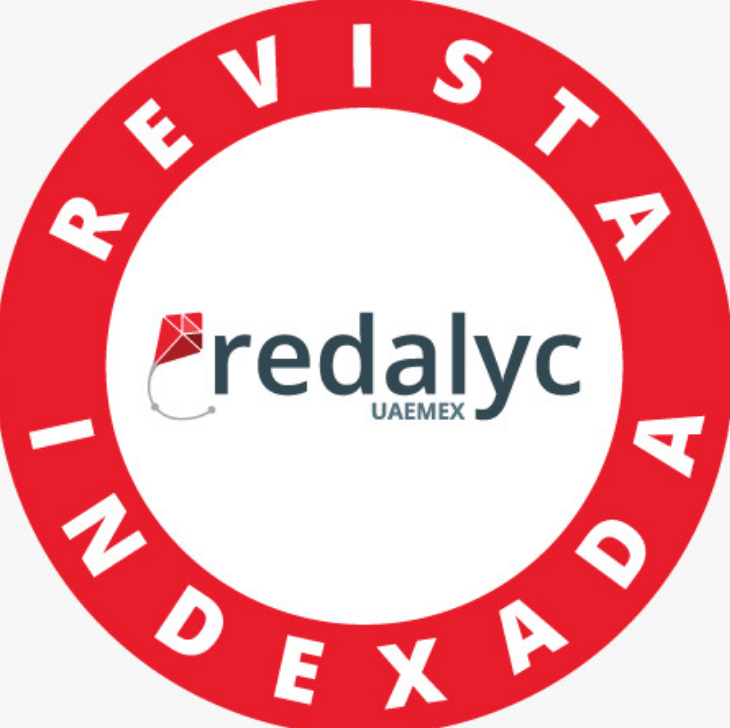Gamification in Mathematics
Keywords:
Learning theories, learning strategies, mathematics learning, infopedagogy, gamificationAbstract
The application of gamification in education is scarce; therefore, the purpose of this study is to consider the contribution of Gamification in the learning of Mathematics in eighth grade students of General Basic Education. The methodology used has a quali-quantitative approach, of exploratory experimental type, based on the survey technique with the questionnaire instrument, instrument validated with Cronbach's alpha with a result of 0.846, on a Likert scale of 5 points, applied to a sample of 30 students with a pretest and a posttest. Thus, it was determined the non-use of gamification resources for the teaching of mathematics, so that an intervention was performed with the developed author resources of the web 3. 0 by means of the A.D.D.I.E. methodology in the Canva, Liveworksheet and Nearpood applications. To measure the results and test the hypothesis, chi-square statistics and the Kolmogorov-Smirnov test were used, finding that gamification contributes to the learning of mathematics and generates interactive classes awakening the students' attention.
Downloads
Downloads
Published
Issue
Section
License
Copyright Notice
Authors who publish this journal agree to the following terms:
- Authors retain copyright and grant the journal right of first publication with the work simultaneously licensed under a Creative Commons Attribution-Non-Commercial-Share-Alike 4.0 International 4.0 that allows others to share the work with an acknowledgement of the work's authorship and initial publication in this journal.
- Authors are able to enter into separate, additional contractual arrangements for the non-exclusive distribution of the journal's published version of the work (e.g., post it to an institutional repository or publish it in a book), with an acknowledgement of its initial publication in this journal.
- Authors are permitted and encouraged to post their work online (e.g., in institutional repositories or on their website) prior to and during the submission process, as it can lead to productive exchanges, as well as earlier and greater citation of published work.
Disclaimer
LAJC in no event shall be liable for any direct, indirect, incidental, punitive, or consequential copyright infringement claims related to articles that have been submitted for evaluation, or published in any issue of this journal. Find out more in our Disclaimer Notice.











